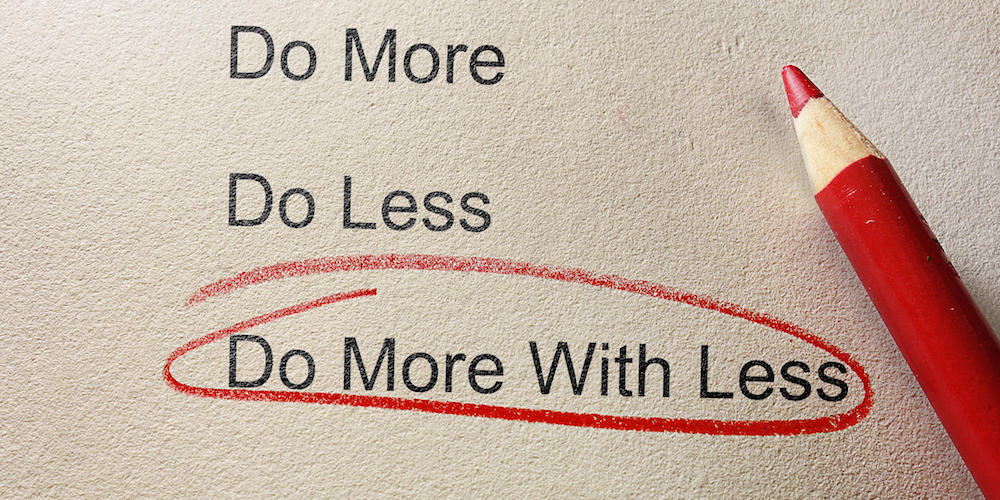In the world of customer experience, retention and loyalty, a lot of focus is placed on customer satisfaction. The general thought process is that the better the customer experience on a consistent basis, the more likely a customer is to continue to do business and remain loyal.
However, according to an article on Business2Community, the authors of “The Effortless Experience” reveal in their book that customer satisfaction does not necessarily translate to customer loyalty. In fact, they found the same level of interest in returning for repeat business in both customers whose expectations were exceeded, and customers whose expectations were simply met.
If exceeding customer expectations makes no impact on a customer in terms of loyalty, then why do we try? Well, the authors don’t state that businesses should NOT provide a great customer experience and fail to go above and beyond when the opportunity arises. Rather, they suggest that this does not necessarily impact whether a customer remains loyal.
Customer loyalty is a fickle thing and all it can take sometimes is a really good loss-leader coupon from a competitor to conquest a loyal customer away from your dealership.
In their book the authors suggest that it’s not the degree of customer experience that influences loyalty the most, but just how easy the business makes the experience for the customer. Consider businesses such as Amazon. Look at how easy they make it to shop with them – one click transactions, same day delivery, ordering by voice command – the list goes on.
All too often, businesses make it difficult for customers to do business with them. The harder it is, the more likely the customer will go elsewhere. Consider analyzing your current processes to reduce as much friction as possible and make the car buying and vehicle service process easier for customers.
Sure, there are processes in buying a car that take some time – such as the finance office. But there are also technologies that reduce that time and make it easier for a customer. The same goes for the service department.
Any decrease in the effort required by your customers will improve their experiences — simply because they can conduct business with greater ease – and that will translate into real customer loyalty, repeat business and word-of-mouth recommendations. And that is a great thing.








